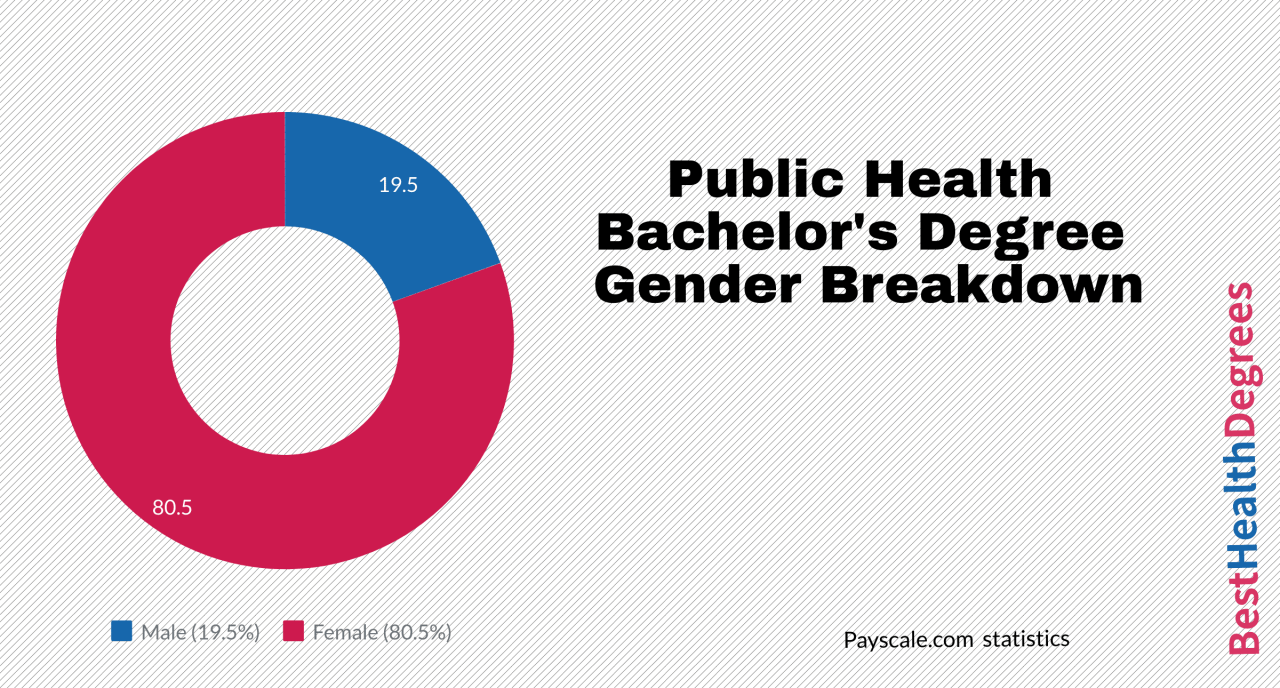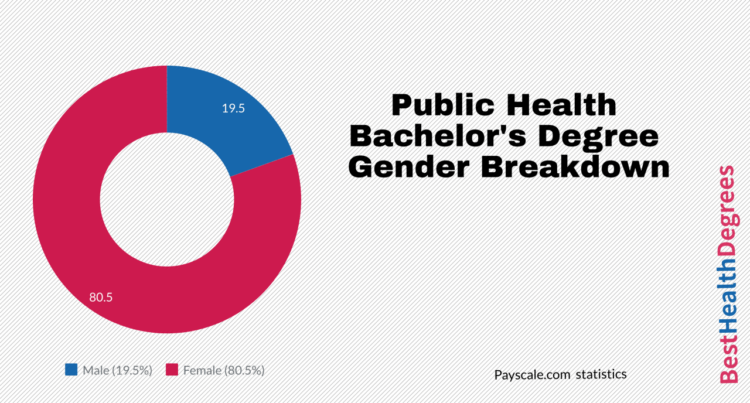
Bachelor of Public Health Overview
Public health is a broad field that focuses on improving the health of communities through the prevention and control of disease, injury, and other health problems. It encompasses a wide range of disciplines, including epidemiology, biostatistics, environmental health, and health policy.
Public health professionals work in a variety of settings, including government agencies, non-profit organizations, and private businesses. They may be involved in research, policy development, program planning, and implementation, or direct service delivery.
Concentrations and Specializations
There are a number of different concentrations and specializations within public health, including:
- Epidemiology: The study of the distribution and determinants of health-related states or events in specified populations.
- Biostatistics: The application of statistical methods to health data to improve public health practice.
- Environmental health: The study of the impact of the environment on human health, and the development of strategies to prevent or mitigate environmental hazards.
- Health policy: The development and implementation of policies to improve the health of the population.
Career Opportunities and Job Outlook
Public health graduates have a wide range of career opportunities, including:
- Epidemiologist
- Biostatistician
- Environmental health specialist
- Health policy analyst
- Public health program manager
The job outlook for public health graduates is expected to be good in the coming years. The demand for public health professionals is expected to grow as the population ages and the need for preventive health services increases.
Curriculum and Coursework
The curriculum for a bachelor’s degree in public health typically includes a mix of core courses and electives. Core courses provide students with a foundation in the field of public health, while electives allow them to tailor their education to their specific interests.
Core Courses
Core courses in a public health curriculum typically include:
- Introduction to Public Health
- Biostatistics
- Epidemiology
- Environmental Health
- Social and Behavioral Sciences in Public Health
- Health Policy and Management
These courses provide students with a comprehensive understanding of the key concepts and principles of public health. They learn about the determinants of health, the methods used to measure and improve health outcomes, and the policies and programs that are designed to protect and promote the health of populations.
Practicums and Field Experiences
Practicums and field experiences are an essential part of a public health education. They provide students with the opportunity to apply the knowledge and skills they have learned in the classroom to real-world settings. Through practicums and field experiences, students can gain experience in a variety of public health settings, such as community health centers, government agencies, and non-profit organizations. These experiences allow students to develop the skills and competencies they need to be successful in the field of public health.
Research and Innovation in Public Health
Research is the cornerstone of public health, driving advancements in understanding health issues, developing interventions, and improving health outcomes. Public health research encompasses a wide range of areas, including epidemiology, biostatistics, health policy, and social determinants of health.
Current research areas in public health include:
– Chronic disease prevention and management: Developing strategies to reduce the incidence and impact of chronic diseases such as heart disease, cancer, and diabetes.
– Infectious disease control: Investigating the transmission, prevention, and treatment of infectious diseases, including emerging and re-emerging infections.
– Environmental health: Studying the impact of environmental factors on human health, such as air pollution, water quality, and climate change.
– Health disparities: Identifying and addressing health inequities based on race, ethnicity, socioeconomic status, and other factors.
Innovation Drives Advancements in Public Health Practices
Innovation is essential for driving advancements in public health practices. By embracing new technologies, methodologies, and approaches, public health professionals can improve the effectiveness and efficiency of their work. Examples of innovation in public health include:
– Telehealth: Using technology to deliver healthcare services remotely, improving access to care for underserved populations.
– Big data analytics: Analyzing large datasets to identify patterns and trends in health data, enabling more targeted interventions.
– Precision medicine: Tailoring healthcare interventions to individual patients based on their genetic and lifestyle factors.
– Artificial intelligence (AI): Developing AI-powered tools to automate tasks, improve decision-making, and enhance surveillance systems.
Skills and Competencies

Public health professionals require a diverse range of skills and competencies to effectively address the complex challenges facing society. These skills are developed through a combination of coursework, practicums, and research experiences.
Technical Skills
Public health professionals must possess strong technical skills in areas such as epidemiology, biostatistics, and environmental health. These skills enable them to collect, analyze, and interpret data to identify health risks and develop evidence-based interventions.
Soft Skills
In addition to technical skills, soft skills such as communication, collaboration, and cultural competence are essential for public health professionals. They must be able to effectively communicate with diverse stakeholders, including policymakers, community members, and healthcare providers. Collaboration is crucial for building partnerships and coordinating efforts across different sectors. Cultural competence allows public health professionals to understand and respect the diverse values, beliefs, and practices of the communities they serve.
Ethical Considerations in Public Health
Public health practice is guided by a set of ethical principles that ensure the well-being and rights of individuals and communities. These principles include autonomy, beneficence, non-maleficence, and justice.
Public health professionals face numerous ethical challenges and dilemmas. One challenge is balancing the need to protect the public’s health with individual rights. For example, mandatory vaccination programs can be effective in preventing disease outbreaks, but they raise concerns about personal autonomy. Another challenge is allocating limited resources fairly. For example, deciding how to distribute vaccines during a pandemic requires careful consideration of ethical principles.
Ethical decision-making in public health is crucial for promoting the health and well-being of the population. By adhering to ethical principles, public health professionals can ensure that their actions are just, fair, and respectful of individual rights.
Public Health in the Global Context
Public health is essential on a global scale because it addresses health issues that transcend national borders and affect the well-being of entire populations. International public health efforts aim to improve health outcomes, reduce health disparities, and prevent the spread of diseases across countries.
Challenges in International Public Health
Working in international public health presents challenges such as cultural differences, language barriers, varying healthcare systems, and limited resources. Additionally, political instability, conflict, and natural disasters can hinder public health initiatives.
Opportunities in International Public Health
Despite the challenges, international public health offers opportunities for collaboration, knowledge sharing, and the implementation of innovative solutions to address global health issues. It also allows professionals to gain valuable experience in diverse settings and contribute to improving the health of populations worldwide.
Role of the World Health Organization (WHO)
The World Health Organization (WHO) plays a crucial role in global health by providing leadership, setting health standards, and coordinating international health efforts. WHO’s mission is to promote health, keep the world safe from health threats, and serve the vulnerable. It works with governments, health organizations, and other partners to strengthen health systems, prevent and control diseases, and promote healthy lifestyles.





